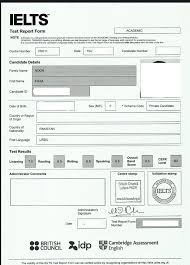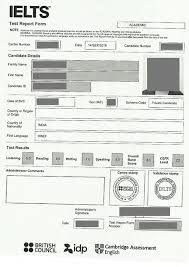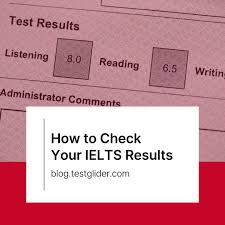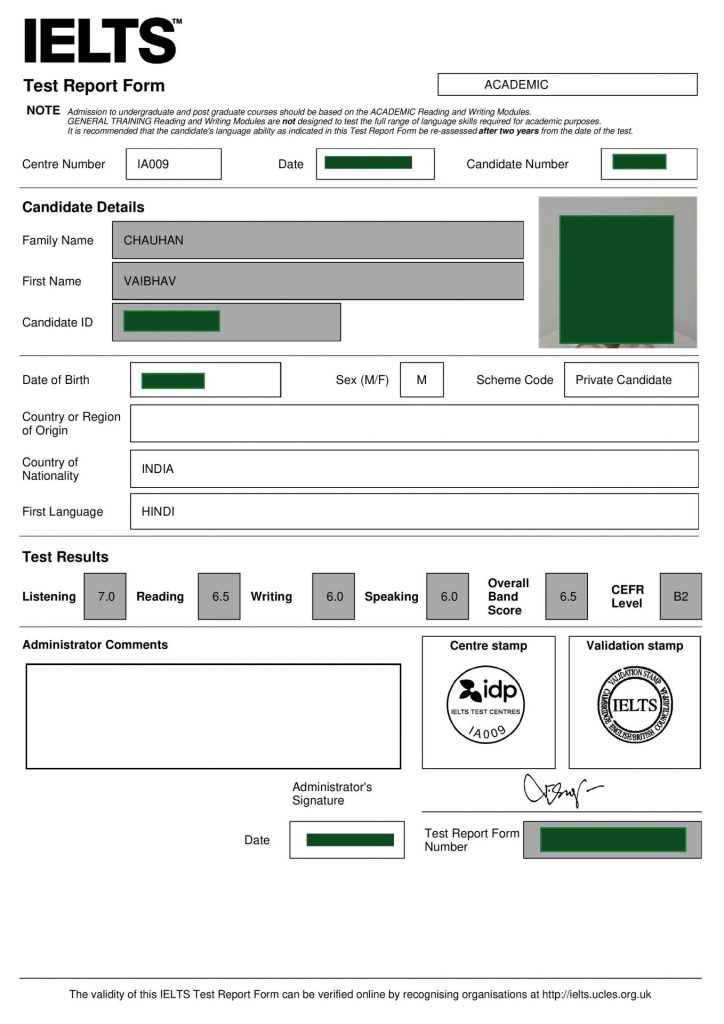Fake Ielts Results, In today’s globalized world, proficiency in the English language is often a critical requirement for higher education, immigration, and professional opportunities. The International English Language Testing System (IELTS) has become one of the most widely recognized and trusted English proficiency tests. However, a disturbing trend has emerged in recent years: the proliferation of fake IELTS results. This phenomenon poses a serious threat to the integrity of global education standards, immigration policies, and professional qualifications.
The Rise of Fake IELTS Results
The demand for IELTS certification is high, as it is a prerequisite for admission to universities in English-speaking countries, for obtaining work visas, and for immigration purposes. Unfortunately, this high demand has given rise to a black market where unscrupulous individuals and organizations offer fake IELTS results. These fraudulent services often advertise online, promising prospective candidates a guaranteed high score without the need to actually take the test or by tampering with legitimate results.
These fake IELTS results can range from digitally altered score reports to completely fabricated documents. In some cases, organized networks have been found to involve corrupt insiders who manipulate official test results within the IELTS system. This alarming trend not only undermines the credibility of the IELTS exam but also compromises the fairness and validity of the selection processes that rely on these scores.
The Consequences of Using Fake IELTS Results
Using fake IELTS results can have serious consequences for both individuals and institutions. For individuals, the use of fraudulent test scores can lead to severe legal repercussions. Those caught submitting fake results can face deportation, revocation of visas, or even criminal charges, depending on the jurisdiction. Furthermore, if discovered after admission to a university or during employment, it can result in expulsion, termination, and a permanent ban from future opportunities.
For educational institutions and immigration authorities, the reliance on fake IELTS results erodes trust in the application process. Universities may admit students who lack the necessary English proficiency to succeed in their studies, leading to higher dropout rates and a decrease in academic standards. Employers may hire individuals who are not truly qualified, which can impact workplace productivity and the overall quality of services provided.
Preventing and Detecting Fake IELTS Results
To combat the rise of fake IELTS results, several measures need to be implemented by both the authorities responsible for administering the test and the institutions that accept IELTS scores.
- Strengthening Verification Processes: Institutions must rigorously verify the authenticity of IELTS scores. This can be done through direct verification with IELTS testing centers or using official online verification tools provided by IELTS.
- Raising Awareness: Educating prospective test-takers about the risks and consequences of using fake IELTS results is crucial. Many individuals may not fully understand the legal and ethical implications of using fraudulent documents.
- Enhanced Security Measures: IELTS authorities should continue to invest in advanced security features for test results, such as encrypted digital results and secure verification processes, to make it more difficult for fraudsters to produce convincing fake scores.
- Legal Action: Governments and law enforcement agencies should take strict legal action against those involved in the production and distribution of fake IELTS results. This includes both the creators of fake documents and the individuals who use them.
Conclusion
The issue of fake IELTS results is a serious concern that threatens the integrity of educational systems, immigration processes, and professional standards worldwide. It is essential for all stakeholders, including test-takers, educational institutions, employers, and authorities, to work together to combat this problem. By implementing stringent verification processes, raising awareness, and taking legal action against fraudsters, we can help preserve the credibility of the IELTS exam and ensure that opportunities are awarded based on merit and genuine qualifications.



